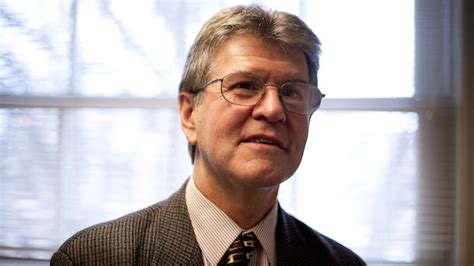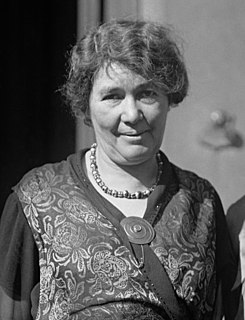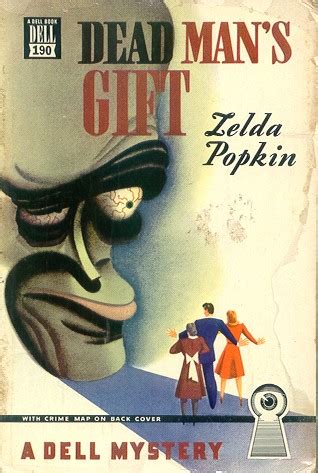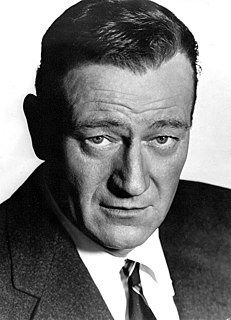A Quote by Philip Jenkins
Famine, plague, death and war... that's a pretty good description of 1917-18. The war was meant to end quickly, but by 1917 it seemed to be set until the end of time. No wonder everyone dreamed of an apocalyptic intervention.
Related Quotes
Is it not tragic, for example, that while in the last World War almost everyone believed it was the war to end all wars and wanted to make it so, now in this Second World War almost no writer that I have read dares even suggest that this is the war to end all wars, or act on that belief? We have lost the courage to hope.
Calamity, war, famine, plague, death, adversity, disease, injury do not necessarily produce repentance. We may become better in a calamity but it does not necessarily make us repent. The essence of repentance is that we cannot be repentant until we confront our own self righteousness with God's righteousness.
It's important to remember that World War II was experienced very much as a continuity in that sense. Most of World War II in most of Europe wasn't a war; it was an occupation. The war was at the beginning and the end, except in Germany and the Soviet Union, and even there really only at the end. So the rest of time it's an occupation, which in some ways was experienced as an extension of the interwar period. World War II was simply an extreme form, in a whole new key, of the disruption of normal life that began in 1914.
I do occasionally wonder, if you were to bring to life one of those young men who sacrificed themselves in what was advertised to them as the Great War, and the war to end all war, and show them that we're still engaged in armed conflict in the same area, I'm not sure that they would be pleased about what their sacrifices amounted to.
These strengths, and our civilization in general, have reached an apogee with the end of the apocalyptic threats of the Cold War and the end - or at least waning - of less successful, and ultimately less "just," political and economic systems. At the turn of the 21st century we appear to be entering our greatest century, a golden age. The challenge that we face is similar to that of the Classic Maya civilization: we have set in motion a "runaway train" of success.

































